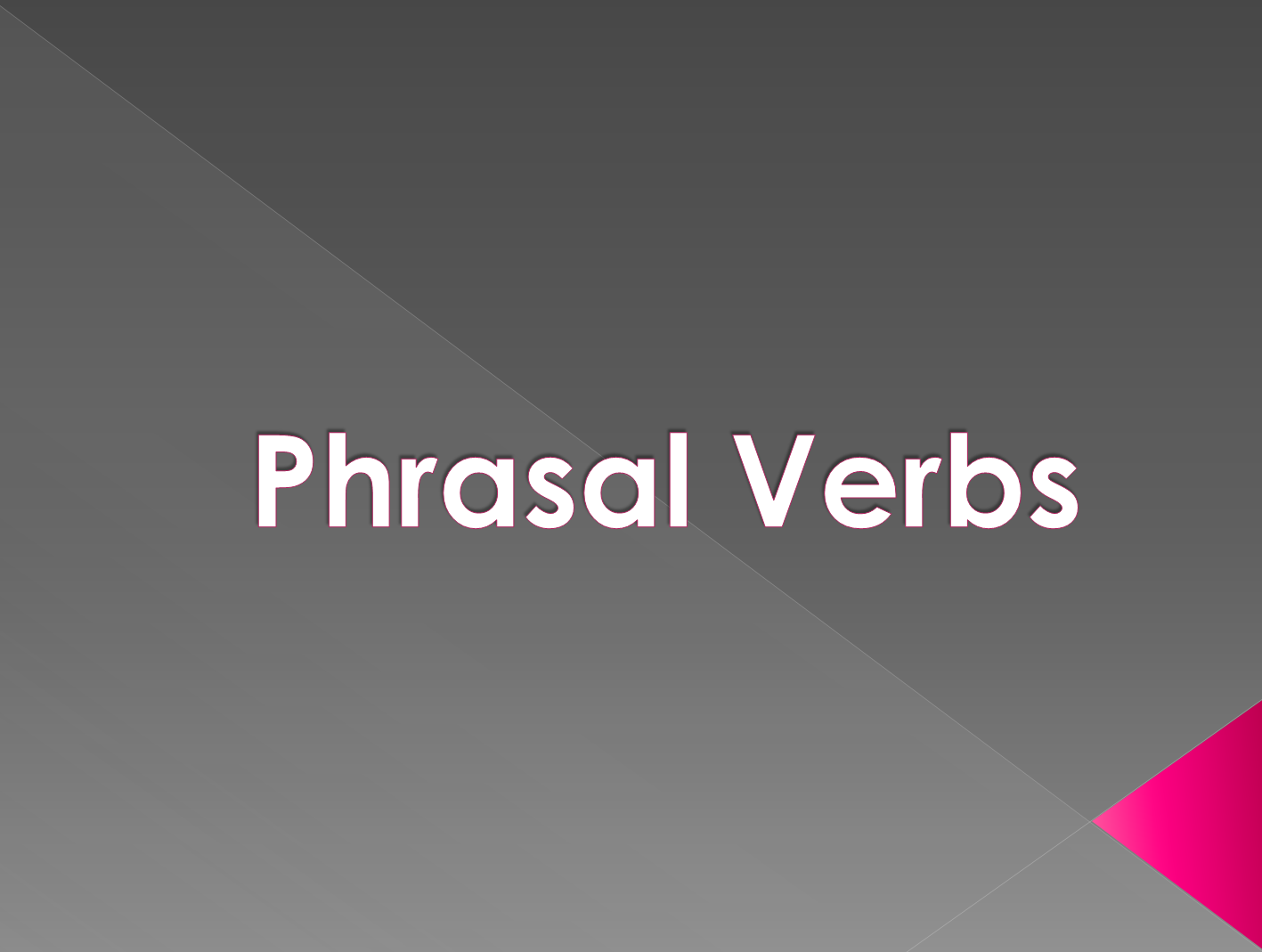
The full form of PTE is the Pearson Test of English or PTE in short. The PTE Academic exam is an English language test for candidates looking to apply to universities or countries abroad that use English as their primary source of communication.
Candidates would be glad to know that the conducting body of the PTE exam, Pearson PLC Group has launched PTE at Home. Candidates wanting to register for the PTE test can check out the multiple PTE dates available at a test centre near them here.
Also Read:
- Idioms and Other Expressions Used For Talking About ‘Work’
- What Are Weasel Words?
- Money and Finance – Test Your Knowledge
- Phrasal Verbs, Idioms and Other Expressions Using ‘CUT’
- How to Say Time in English
- Idioms and Other Expressions Used For Talking About Money
- Shopping and Consumerism – Match the Correct Name
- Phrasal Verbs – Choose the Correct Verb
- Currency Markets – Choose The Best Words
- Personal Qualities – Use the Best Nouns and Adjectives
The PTE Academic exam is a computer-based English language test accepted by educational institutions around the world. The PTE Syllabus of the two-hour-long computer-based test focuses on day-to-day English rather than high-level English language and tests a student on his/her ability to effectively understand the language as spoken daily. The multi-level grading system of the PTE exam ensures a better understanding of the student’s proficiency in the English language.
A good score in the PTE exam can help you secure a seat in a school of your choice. It also stands as a testimony to your English language skills and enables you to gain international exposure after graduating.
Myth 1. Do not use the backspace. It affects your PTE Score
One of the aspirants claimed using backspace affected his score in Summarise Written text. But he must understand that the score might have been low because of wrong spellings and other minute mistakes that he must have committed.
Use of backspace is nowhere related to you scoring low marks. It doesn’t affect your PTE Score in any manner.
Myth 2: Make use of different accents and score better
Sadly, the PTE Exam doesn’t assess your variety of accents. However, it requires you to speak in a natural tone and keep the pace at an average speed.
Also, the PTE experts suggest that you must not try to fake the accents.
Myth 3: You can skip a few of the tasks
When you are running short of time, it is better to skip a few of the tasks. And skip the tasks that carry low marks. Well, before implementing or even believing this myth’s recall the PTE Test Format. The PTE Tasks are designed in a manner where the score from one task affects the score of one and more than one section.
For example, after completing the first three sections, you are left with less time for the Listening section. And you decide to skip the Summarise Spoken text.
In case you skip it, you lose the marks that it carries for both Listening and the Writing section. Do not even think of skipping tasks. Instead, work on learning the PTE Tips & Tricks that help you learn how to manage the time during PTE Exam.
Myth 4: Avoid the difficult words in Read Aloud
A popular myth about Read Aloud asks you not to indulge in speaking the challenging-to-pronounce words as you might make a mistake in pronunciation.
But if you believe this, you are neglecting the fact that read-aloud task assesses your Oral Fluency and you also get the score for the content. If you try skipping the challenging words, you might not be able to convey the right meaning and also miss on the essential keywords.
Myth 5: Choose all options is Multiple-choice, Choose Multiple Answer
According to this myth, if you are not sure about the correct option to choose while answering is Multiple-choice, Choose Multiple Answer, choose all the options given.
But choosing the wrong options will affect your marks as this task carries negative marking for the incorrect answer. It is better to leave the options unmarked if you are not sure about them.
You may also like:- Idioms and Other Expressions Used For Talking About ‘Work’
- What Are Weasel Words?
- Money and Finance – Test Your Knowledge
- Phrasal Verbs, Idioms and Other Expressions Using ‘CUT’
- How to Say Time in English
- Idioms and Other Expressions Used For Talking About Money
- Shopping and Consumerism – Match the Correct Name
- Phrasal Verbs – Choose the Correct Verb
- Currency Markets – Choose The Best Words
- Personal Qualities – Use the Best Nouns and Adjectives








